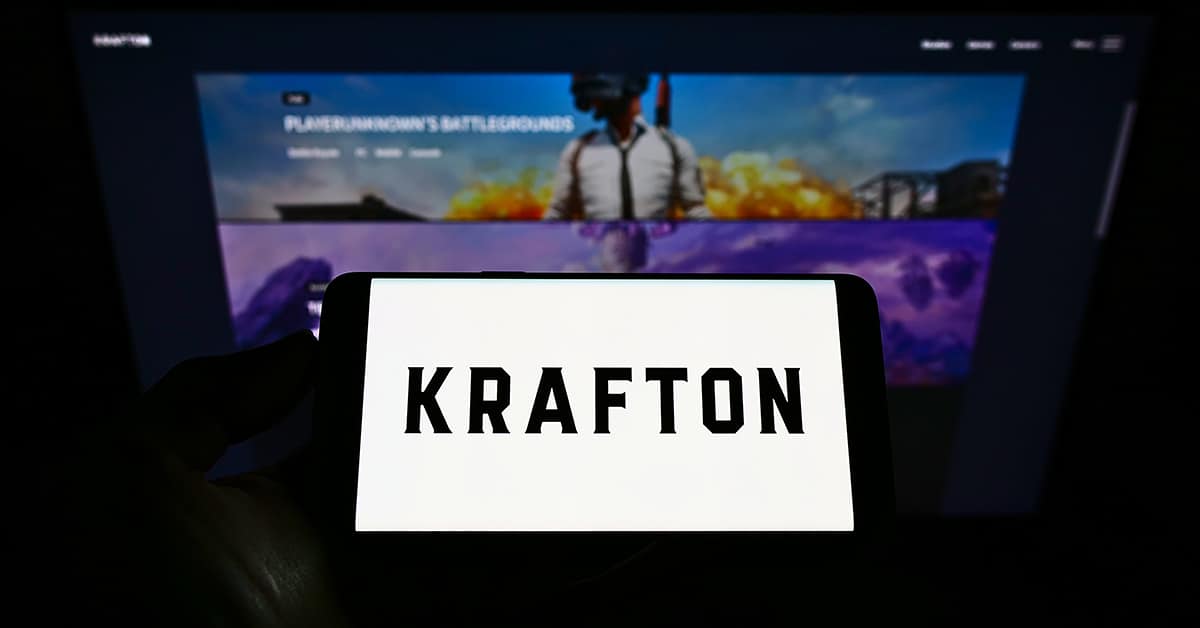Upward of 20 companies went public on South Korea’s main market last year, raising around $14 billion—nearly double the previous record, set in 2010.

Last year was the bumper year for IPOs globally, and South Korea was no exception. And 2022 looks to be another bumper year for Asia’s fourth-largest economy.
Upward of 20 companies went public on South Korea’s main market last year, raising around $14 billion—nearly double the previous record, set in 2010. Among the most prominent were the $3.8 flotation in August of video game producer Krafton, the $2.1 billion raised by KakaoBank in July, and March’s $1.3 offering by biopharmaceutical firm SK Bioscience,which was one of the best-performing IPOs in the world for the year.
The market is off to a white-hot start this year, with the mid-January $10.8 billion offering of LG Energy Solutions, the world’s second-largest maker of electric vehicle batteries. The company will use the funds in part to increase battery production capacity by 2.6 times over the next three years, as it expands in six countries. The offering of LGES was more than double the size of the previous biggest deal on the Korean bourse, of Samsung Life Insurance in 2010.
Near press time, construction company Hyundai Engineering aimed to raise around $1 billion in an IPO at the end of January. Later in the quarter-Hyundai Oilbank, the refining unit of Hyundai Heavy Industries Group, will make its third attempt to go to the public markets. The online store segment of South Korean retail giant Shinsegae Group and online grocery delivery platform Market Kurly are among the other issuers aiming to go public in coming months.
Heightened retail investor interest, thanks in part to a new system that improves the odds of small investors getting access to offerings, has been an important driver of the Korean IPO market. More than 20 million people–almost 40% of the total population of South Korea–participated in the IPO market last year, more than 11 times the previous year’s total. In addition, Korea’s bourse has been a beneficiary of investors looking to increase their allocation to markets in Asia outside of China, following the regulatory crackdowns by Beijing.



